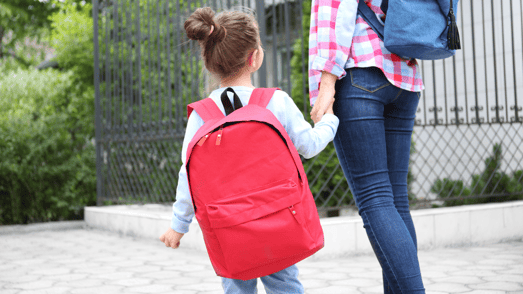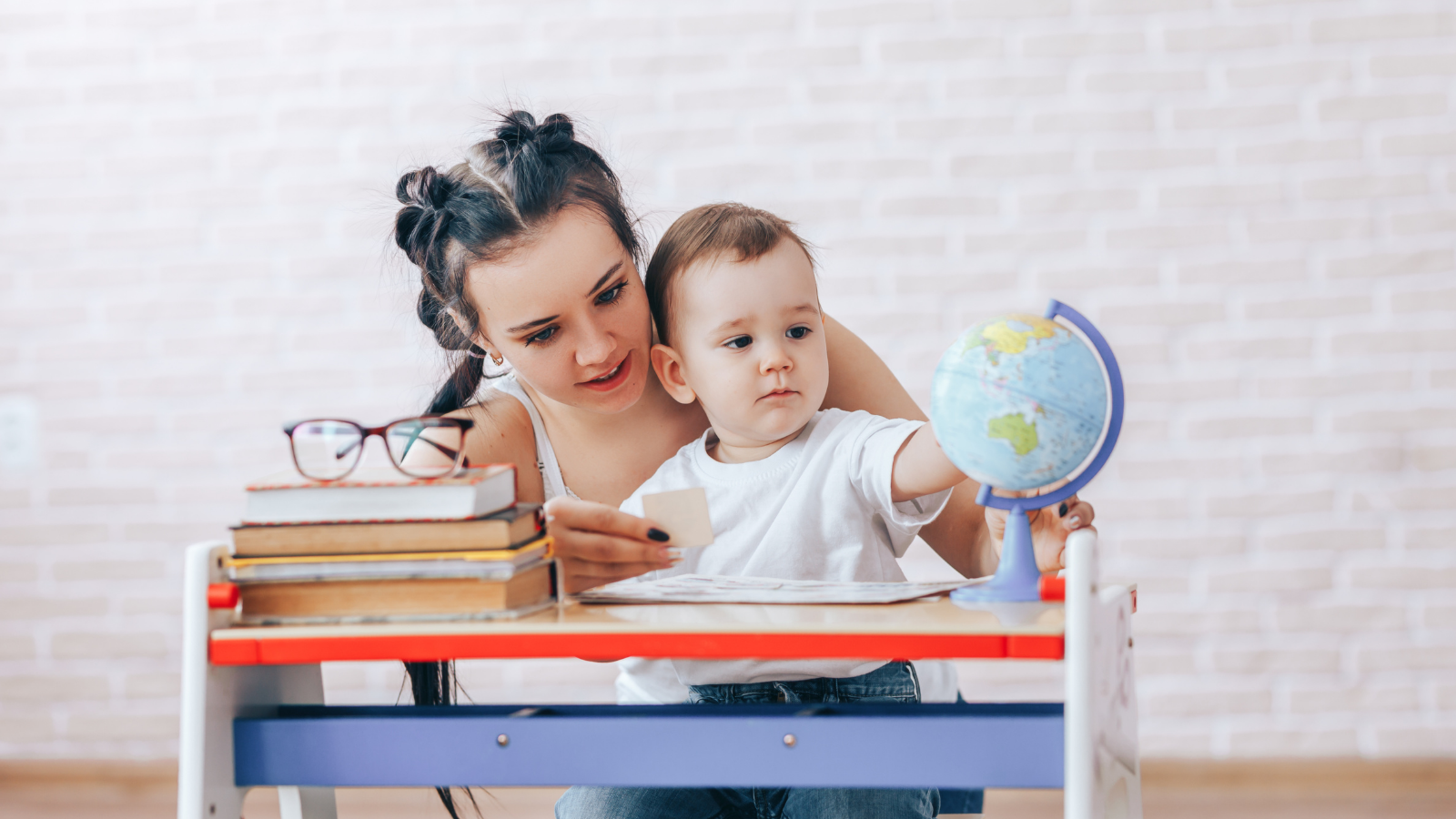-1.png)
EtonHouse Singapore
Starting pre-school, or kindergarten is an important milestone in your child’s educational journey. Children attending a ‘before-school' setting have the advantage of participating in group learning experiences and centre routines and of extending their social network beyond the family.
For parents, the most important aspect of supporting your child’s transition to pre-school is to be positive about the experience. There will be new routines to be learned, expectations will differ from home and children naturally feel a little apprehensive about what they do not know.
1. Speak positively to your child about what they will experience.
Children will take their cue as to how to react to this anxiety from your response. Reassure your child that the teacher is there to assist them. Share the teacher’s name with your child so that they begin to build a relationship with this new adult in their lives. Talk positively about the new things that will be available at the pre-school (e.g. the painting easels; the outdoor playground). (Please do not tell your child that the teacher will scold them - it builds a picture of a scary person for the child and most pre-school teachers dread the comment).

2. Be decisive about leaving your child at the pre-school.
For children who have not ventured away from home before, they will need support to understand the routine of going to pre-school and then coming back home later. Young children have little concept about time, so when they first attend, the time spent away from home seems very long. If the child is resting in the afternoon, they do not know that the rest period is short, or that they will go home later - many children feel they are at pre-school for the night! Discuss with your child’s teacher about the routine and then talk to your child about their day to assist them to ‘anchor’ the day’s experiences e.g. you will play out in the playground, have a snack, play indoors, sing some songs and I will come to pick you.
Some children get very upset when you leave - the bond that they have with you is very strong and it is natural that they worry that you are leaving them behind (you may also feel anxious about leaving your child). Many pre-schools accommodate a policy whereby you stay until your child is ready for you to leave. For those settings that ask that you leave, it is important to indicate to your child that you are going and will be back. You need to leave decisively. If children sense your indecision, it will not help them to settle.
 Please never say you are going and then pop back to see how things are going in the classroom. This really unsettles your child and can prolong the point of separation. It is much better to go and if you feel anxious to ring the school and ask the teacher to offer you feedback as to how your child is settling. Similarly, please do not ‘sneak’ away when you believe your child has settled. It is very important in terms of maintaining trust with your child and for the child to be able to develop trust in the teacher, that you inform the child that you are leaving and say goodbye. It helps children too if you can establish a ‘farewell’ routine in the morning e.g. if you and your child, every morning place belongings away, say hello to the teacher, choose an experience to share e.g. do a puzzle together and then you say goodbye and go. A consistent routine will assist the child to mentally prepare for the next step.
Please never say you are going and then pop back to see how things are going in the classroom. This really unsettles your child and can prolong the point of separation. It is much better to go and if you feel anxious to ring the school and ask the teacher to offer you feedback as to how your child is settling. Similarly, please do not ‘sneak’ away when you believe your child has settled. It is very important in terms of maintaining trust with your child and for the child to be able to develop trust in the teacher, that you inform the child that you are leaving and say goodbye. It helps children too if you can establish a ‘farewell’ routine in the morning e.g. if you and your child, every morning place belongings away, say hello to the teacher, choose an experience to share e.g. do a puzzle together and then you say goodbye and go. A consistent routine will assist the child to mentally prepare for the next step.
3. Talk to your child's teacher to understand how to help your child.
Talk with your child’s teacher about her suggestions e.g. many teachers ask that you bring a photograph of the family so that the child can re-connect with you during the day; some parents might leave e.g. a set of keys (or something relevant to the child) to assure the child that you are coming back. Children need time and understanding to make the break. Be patient, talk a lot about the new friends the child is making and stay in close contact with the teacher during this settling period.
It greatly assists children if they are familiar with the physical setting of their new pre-school. The Director of the pre-school will generally introduce you and your child to these aspects as part of your orientation visit. Many children will also have the benefit of having an older sibling in the setting and may have visited the school for various events.
4. Help your child develop realistic expectations.
Children are often very excited about their new pre-school and many believe because they are at a ‘big school’ that they will automatically develop these abilities e.g. learning to read. Help children understand that their teacher will help them to learn many things.
 Most importantly, be positive. Expect that children will need time and understanding during this period. It is important for children to know that there are strong connections between home and school and that all the adults in his/her life (parents and teachers) are working together to support them.
Most importantly, be positive. Expect that children will need time and understanding during this period. It is important for children to know that there are strong connections between home and school and that all the adults in his/her life (parents and teachers) are working together to support them.
For more strategies on how to create a strong relationship between home and school, have a chat with our team of educators and read our guide to parenting.

